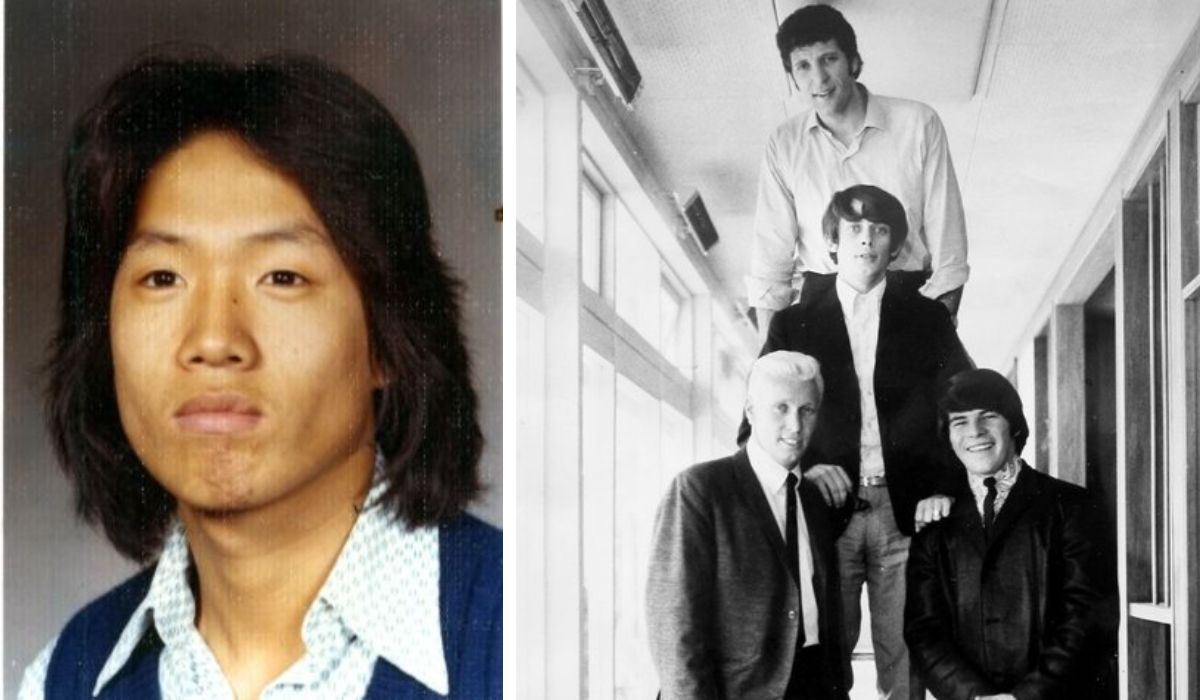In the dark annals of American history, few stories are as harrowing as that of the Jonestown massacre. Central to this tragic tale is Jim Jones, the charismatic and manipulative leader of the Peoples Temple. Often overlooked, however, is the story of Lew Eric Jones, his adopted son, whose life offers a unique perspective on survival and identity in the shadow of one of the most infamous cults in history. This article delves deep into Lew’s life, exploring his early years, the impact of the Peoples Temple, and his life post-Jonestown.
Quick Bio of Lew Eric Jones
| Detail | Information |
|---|---|
| Full Name | Lew Eric Jones |
| Date of Birth | November 23, 1956 |
| Place of Birth | South Korea |
| Date of Death | November 18, 1978 |
| Place of Death | Jonestown, Guyana |
| Nationality | American |
| Ethnicity | Korean-American |
| Height | Not Publicly Available |
| Hair Color | Not Publicly Available |
| Eye Color | Not Publicly Available |
| Father | Jim Jones |
| Mother | Marceline Jones |
| Siblings | Stephanie Jones (biological), and several adopted |
| Education | Grew up within the Peoples Temple educational systems |
| Relationship Status | Married (at the time of death) |
| Hobbies | Unknown due to the nature of life in the Peoples Temple |
Early Life and Adoption
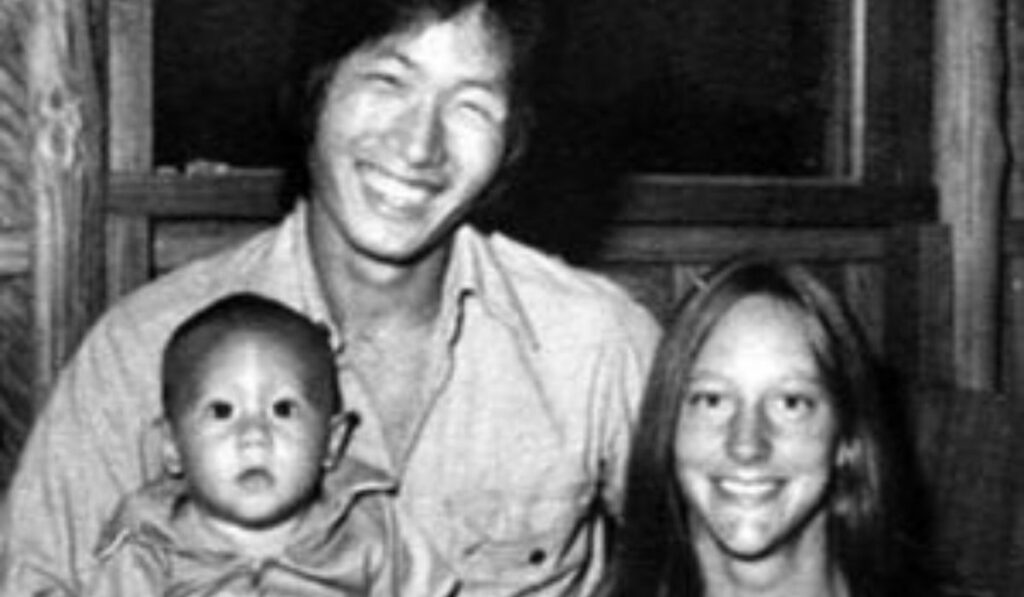
Lew Eric Jones was born under circumstances that quickly led him into the arms of Jim and Marceline Jones. His adoption into the Jones family introduced him to a life that was far from ordinary. Initially, the Peoples Temple was viewed positively for its progressive stances on racial equality and social justice, which masked the underlying turmoil and the extreme practices that would later define it. Lew’s early years were shaped by these contradictions, immersed in a community that preached altruism while practicing control and manipulation.
The Dynamics of the Peoples Temple
Within the Peoples Temple, Lew Eric Jones experienced an upbringing marked by strict discipline and an intense community focus that Jim Jones enforced among all his followers. The environment was one of constant surveillance and control, with Jim Jones portraying himself as a messianic figure. Lew, like many children in the Temple, was taught to adhere to his father’s teachings and to the communal lifestyle that was supposed to uplift the downtrodden and create a socialist paradise.
Personal Life Under Scrutiny
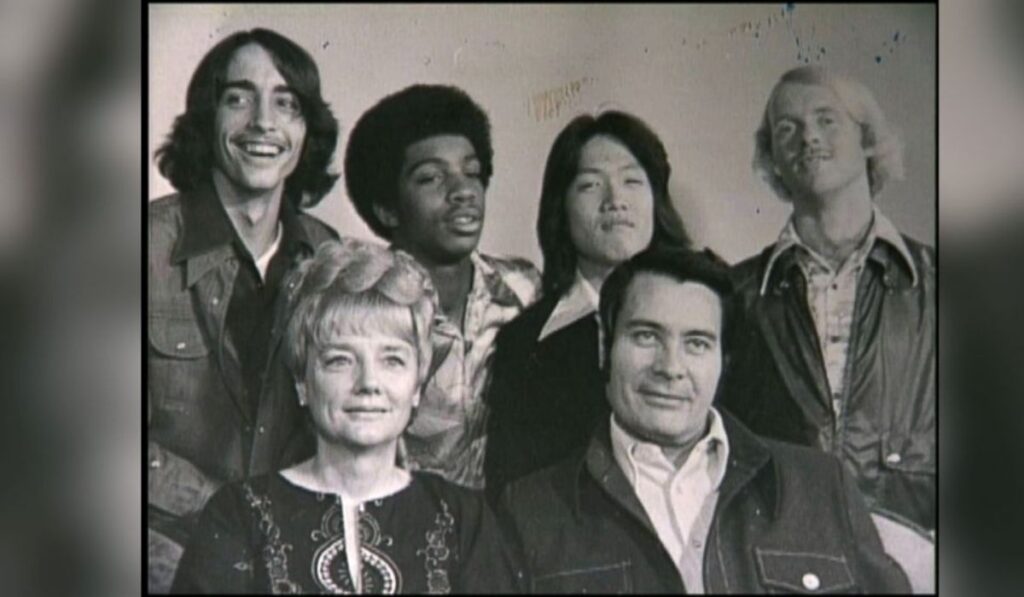
Growing up as the son of Jim Jones meant that Lew’s personal life was never truly his own. His actions, like those of his siblings and other Temple members, were often dictated by the needs and whims of his father, who used his family as examples of his revolutionary ideals. This lack of personal agency during his formative years left a lasting impact on Lew, shaping his views on freedom and individuality.
The Jonestown Massacre
The events leading up to the Jonestown massacre were a culmination of years of escalating control and paranoia led by Jim Jones. As tensions grew within the Peoples Temple and scrutiny from the outside world increased, Jim Jones orchestrated a mass murder-suicide that claimed the lives of over 900 people. The impact of this tragedy on Lew Eric Jones was profound, as he lost many friends and family members, and the world he knew disintegrated in the most horrific way imaginable.
Post-Jonestown Life
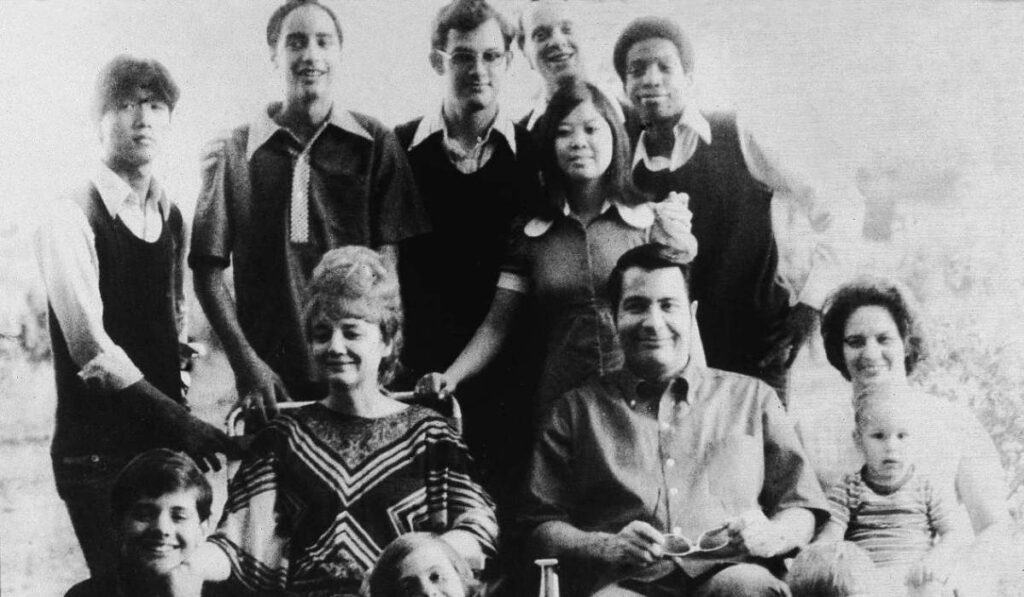
After the massacre, Lew Eric Jones faced the monumental task of rebuilding his life from the ashes of tragedy. His journey was fraught with challenges as he struggled with the stigma of being Jim Jones’ son and the psychological scars left by his tumultuous upbringing. Lew’s post-Jonestown life was a testament to his resilience and desire to carve out a new identity separate from the dark legacy of his father.
Healing and Reflection
In the years following Jonestown, Lew Eric Jones embarked on a path of healing and reflection. He rarely spoke publicly about his experiences, choosing instead to reflect on his past in privacy. This period of his life was crucial for his mental and emotional recovery, as he sought to understand his father’s actions and the ideologies that led to such a catastrophic end.
Legacy and Impact
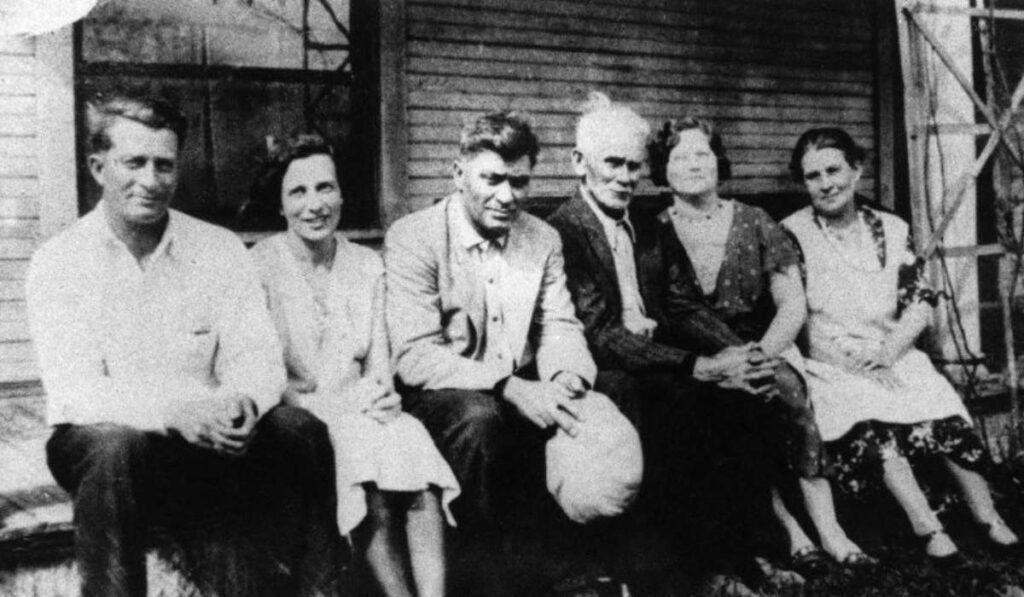
Lew Eric Jones’ story is not just one of survival but also of the complex legacy left by his father. Throughout his later years, Lew grappled with his identity, struggling with the public perception of Jim Jones’ biological and adopted children. His life serves as a poignant case study of the long-term effects that cults can have on individuals, particularly those born or brought into them at a young age.
Public Perception and Media
The media’s portrayal of Lew Eric Jones was often simplistic, focusing on his relation to Jim Jones rather than his own personal journey. This one-dimensional portrayal overlooked the complexities of his life after Jonestown, failing to capture the depth of his struggle with his past and his efforts to live a normal life despite the overwhelming public curiosity and scrutiny.
Reflections on Identity and Recovery
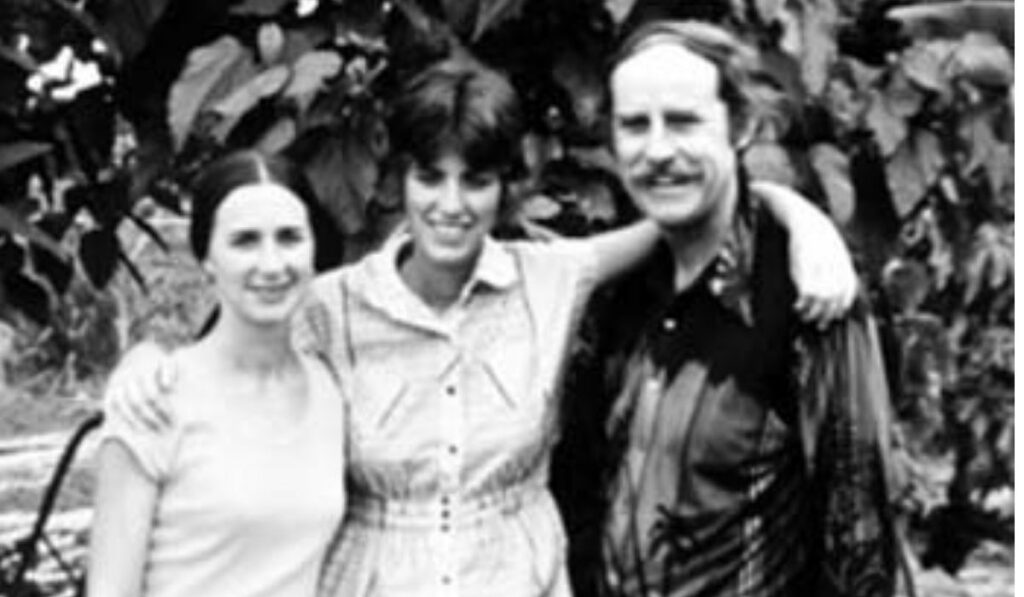
Lew’s reflections on his identity and his efforts at recovery illuminate the profound challenges faced by survivors of high-control groups. His story highlights the importance of support systems for those who seek to rebuild their lives after escaping such environments. It also underscores the resilience required to confront and overcome a past marred by manipulation and abuse.
Conclusion
The life of Lew Eric Jones offers valuable insights into the human capacity for resilience and transformation. As the adopted son of one of the most infamous cult leaders in history, Lew’s story is a testament to the enduring spirit of an individual determined to define himself outside of his father’s shadow. His journey encourages a deeper understanding of the effects of cults on individuals and highlights the complex nature of identity and recovery in the aftermath of profound trauma.
FAQs
1. Who is Lew Eric Jones?
- Lew Eric Jones is the adopted son of Jim Jones, the infamous leader of the Peoples Temple and the orchestrator of the Jonestown massacre.
2. How was Lew Eric Jones related to Jim Jones?
- Lew was adopted by Jim and Marceline Jones and was raised within the Peoples Temple community.
3. What happened to Lew Eric Jones after the Jonestown massacre?
- After the Jonestown tragedy, Lew Eric Jones lived a life marked by a desire for normalcy and distance from the notoriety associated with his father.
4. How did Lew Eric Jones cope with his past?
- Lew sought to lead a life away from the public eye, dealing with his complex legacy through personal reflection and quiet resilience.
5. What can we learn from Lew Eric Jones’ story?
- Lew Eric Jones’ life teaches us about the impact of cult dynamics on individual lives and the possibilities for recovery and redemption despite profound adversity.


